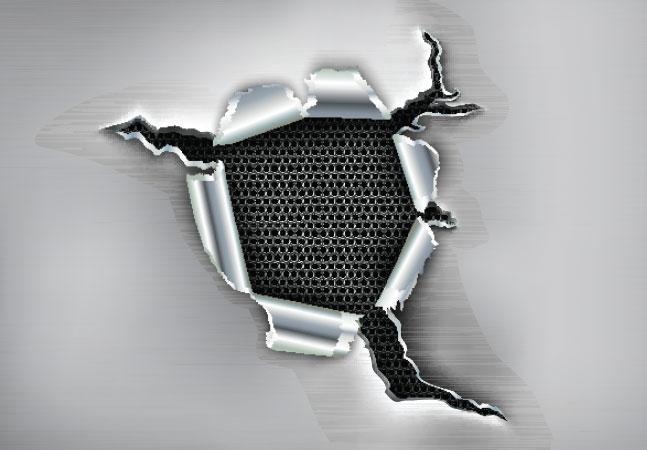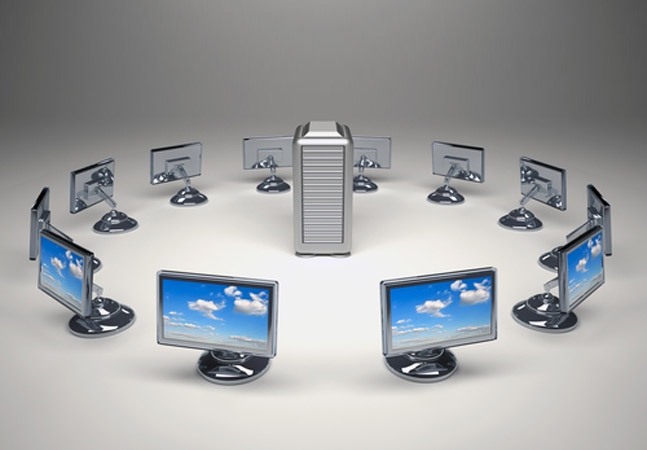
Threat intelligence specialist Mandiant has noticed ransomware actors have been increasingly attacking virtualization platforms in their efforts to extort organizations for money.

Cloud computing surveys usually reveal that security concerns and lack of in-house skills are top impediments to successful implementations, but a recent poll adds a new top challenge: cost control.

After earlier explaining the basics, Brien shows how to create a really simple subscription and how to publish a message.

Tom points out a key factor that can make VDI a success and talks about one of the reasons it failed in the early days.

The Cost Anomaly Detection tool goes beyond budget alerts to lower costs.

Tom takes a look at Desktop-as-a-Service (DaaS) and hybrid infrastructure.

Amazon's message delivery service can be used to send SMS text messages and email messages, among many other things.

Tom explains how HCI works with VDI.

Now tackling one of the most heated debates in the IT industry -- certifications -- is Paul Schnackenburg, who has a bunch of them along with the requisite hands-on experience.
- By Paul Schnackenburg
- 03/31/2022

Tom looks at ways to offload UC processes from datacenter CPUs to VDI clients, monitoring remote assets and the benefits of using SD-WAN.

In choosing a cybersecurity incident response service, organizations should look for vendors with a long-tail approach to helping the victim in "rebuilding trust" by restoring brand and reputation, says a new research report.

With the basics out of the way, Tom looks at some VDI techniques to increase performance and decrease costs.

Survey after survey in the IT industry point to one common pain point: finding cloud computing, cybersecurity and other tech talent to fulfill enterprise initiatives. It was bad before the wave of pandemic-spurred job-quitting and apparently has only gotten worse. And that's during a time of increasing ransomware and other cybersecurity attacks.

After previously explaining what VDI is and its recent history, Tom dives in to specific components and some best practices around them.

As if you didn't have enough to fret about from rampant ransomware and other cybersecurity threats, Orca Security has published a new survey-based report on a new worry: "alert fatigue."

Tom gives expert hands-on advice as more employers try to keep their employees happy working from home without risking a corporation's digital assets.

Amazon Web Services (AWS) is using a 3D metaverse-like role-playing game to train users on how to use its cloud computing platform.

In announcing four top tech trends for 2022, Accenture is imagining digitally enhanced human experiences reshaped by the convergence of physical and virtual realities and augmented by cutting-edge technology.

A new hybrid cloud adoption survey reveals the workloads most responsible for holding back full enterprise IT cloud migrations.

While we're still in a cloud computing boom, familiar challenges like a lack of top talent continue to hinder enterprise efforts to expand their cloud initiatives, says a new report.